Going through some old boxes to lighten the load for the new decade, I came across this National Geographic map from July 2000, entitled “Australia Under Siege”. Its side bars about human-induced fire suppression, soil erosion, rainforest felling, habitat fragmentation, and overgrazing are like a road map to the current bushfire / climate apocalypse.

One section entitled “Australia Today” leads with “Clustered along the continent’s periphery, Australia’s 19 million people enjoy one of the world’s highest standards of living, thanks in part to the wealth they extract from the land.” It then lists some of the things they extract (coal, gold, iron ore) and the toll this extraction takes on fragile ecosystems, topped by a quote from a paleobotanist, a brief but definitive “our practices are… unsustainable.”
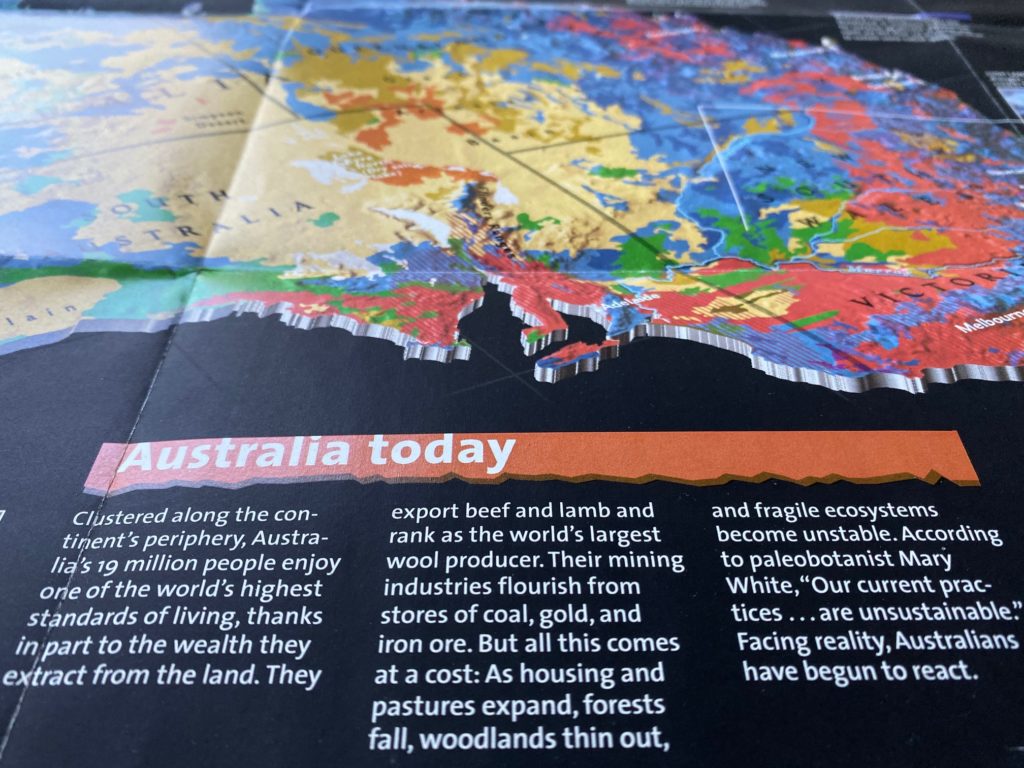
The section closes with a hopeful yet somewhat cryptic “Facing reality, Australians have begun to react,” which brings us to today’s today, when one must wonder what happened to that reaction supposedly begun two decades ago. The answer, of course, is that not nearly enough has been done to curb or even slow down the extraction and its related greenhouse gas emissions.
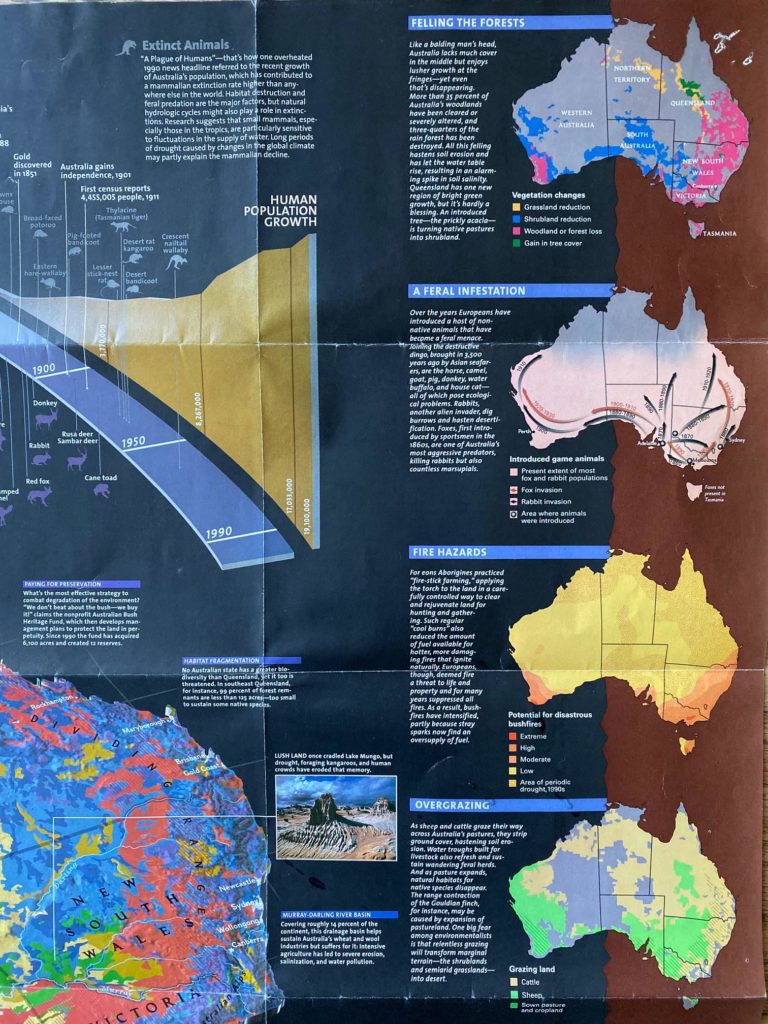
The biggest takeaway though is that this could be a map of most countries, especially developed ones. Australians are far from alone in their failure to transition toward more sustainable practices. With the dire effects of global heating now staring us all right in the face, my hope is that whatever reactions we show and goals we set forth *today* – both locally, nationally, and as a global human community – we won’t be looking back at this time 20 years from now, in the thralls of collapsing ecosystems, thinking “if only we had done what we said we needed to, and would do.”

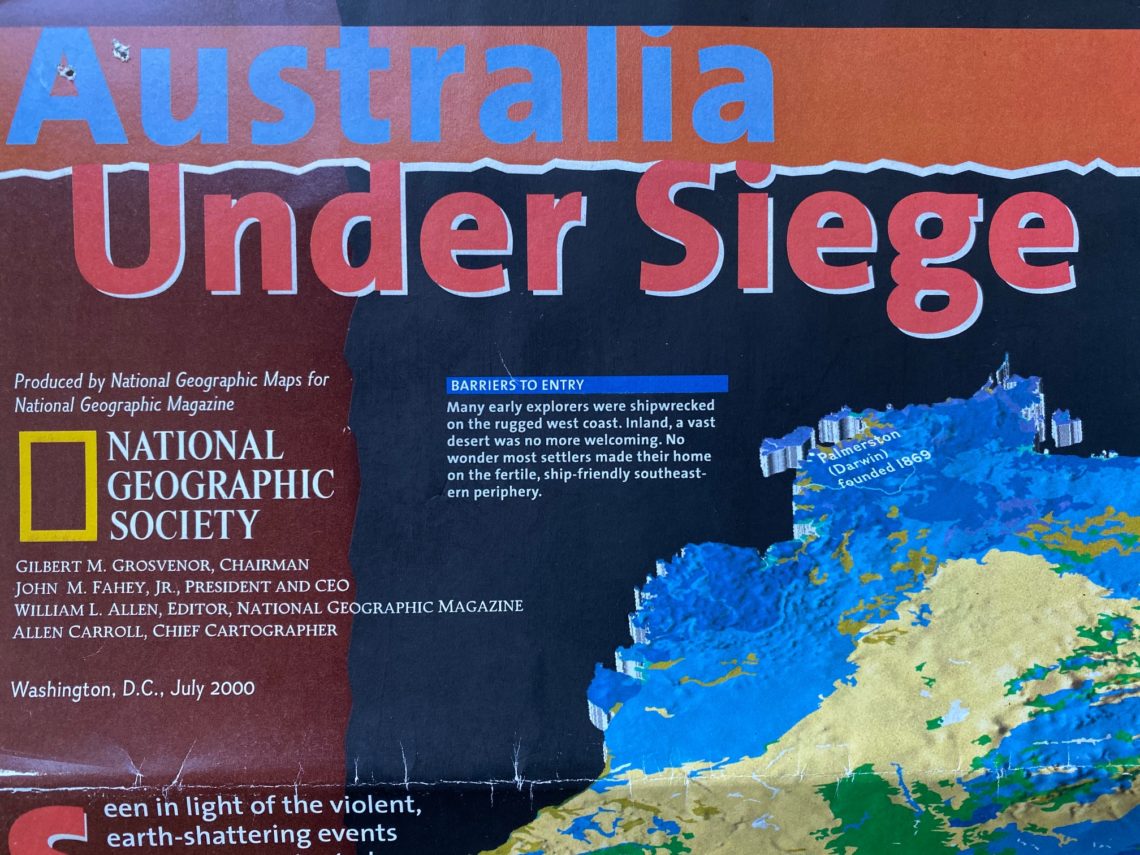


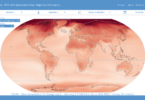
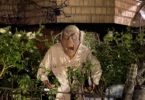


It’s a scary feeling, uncovering a prophecy from a storage box, knowing that it was probably in there the whole time screaming out, “I told you so.”
Yes, the messages have been loud and clear for a long time, but too many people have chosen to cover their eyes, ears, minds, and hearts.